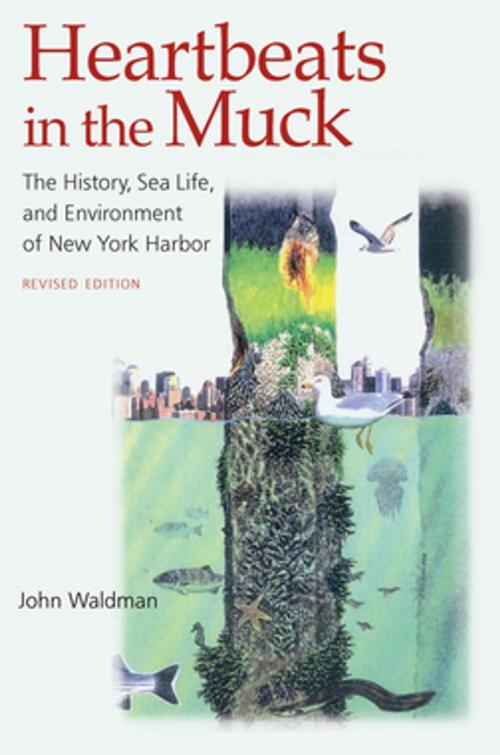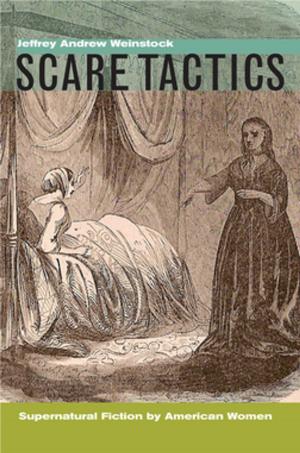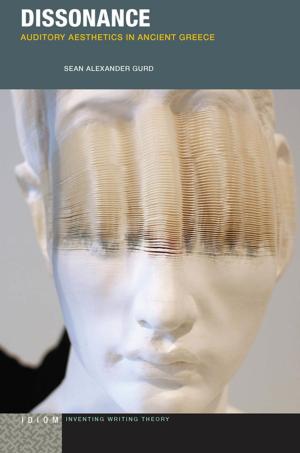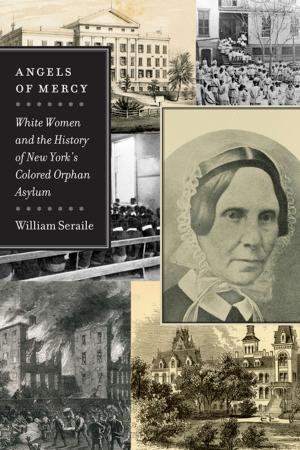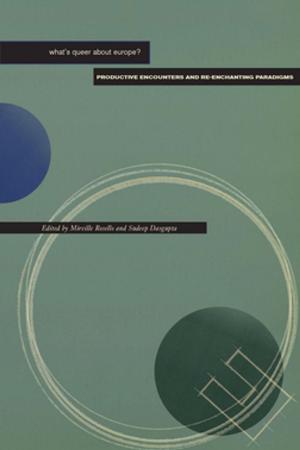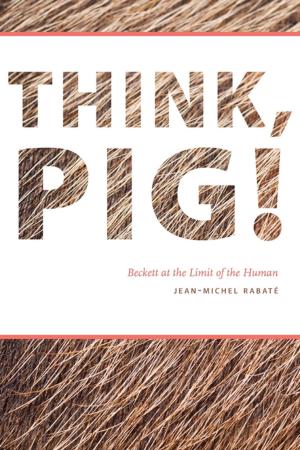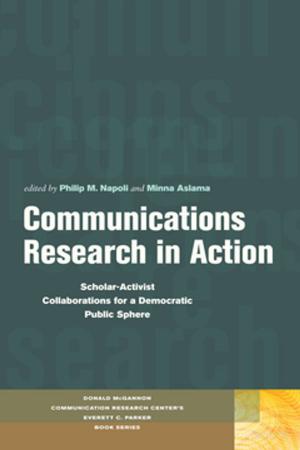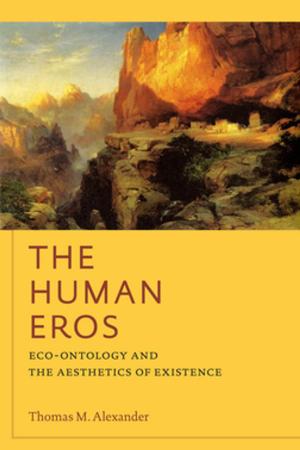Heartbeats in the Muck
The History, Sea Life, and Environment of New York Harbor, Revised Edition
Nonfiction, Science & Nature, Science, Biological Sciences, Environmental Science, Nature, Environment, Environmental Conservation & Protection, History, Americas, United States| Author: | John Waldman | ISBN: | 9780823249862 |
| Publisher: | Fordham University Press | Publication: | November 19, 2012 |
| Imprint: | Empire State Editions | Language: | English |
| Author: | John Waldman |
| ISBN: | 9780823249862 |
| Publisher: | Fordham University Press |
| Publication: | November 19, 2012 |
| Imprint: | Empire State Editions |
| Language: | English |
Heartbeats in the Muck traces the incredible arc of New York Harbor’s environmental history. Once a pristine estuary bristling with oysters and striped bass and visited by sharks, porpoises, and seals, the harbor has been marked by centuries of rampant industrialization and degradation of its natural environment. Garbage dumping, oil spills, sewage sludge, pesticides, heavy metals, poisonous PCBs, landfills, and dredging greatly diminished life in the harbor, in some places to nil.
Now, forty years after the Clean Water Act began to resurrect New York Harbor, John Waldman delivers a new edition of his New York Society Library Award–winning book. Heartbeats in the Muck is a lively, accessible narrative of the animals, water quality, and habitats of the harbor. It includes captivating personal accounts of the author’s explorations of its farthest and most noteworthy reaches, treating readers to an intimate environmental tour of a shad camp near the George Washington Bridge, the Arthur Kill (home of the resurgent heron colonies), the Hackensack Meadowlands, the darkness under a giant Manhattan pier, and the famously polluted Gowanus Canal. A new epilogue details some of the remarkable changes that have come upon New York Harbor in recent years.
Waldman’s prognosis is a good one: Ultimately, environmental awareness and action has allowed the harbor to begin cleaning itself. Although it will never regain its native biological glory, the return of oysters, herons, and a host of other creatures is an indication of New York Harbor’s rebirth.
This excellent, engaging introduction to the ecological issues surrounding New York Harbor will appeal to students and general readers alike. Heartbeats in the Muck is a must-read for anyone who likes probing the wilds, whether country or city, and natural history books such as Beautiful Swimmers and Mannahatta.
Heartbeats in the Muck traces the incredible arc of New York Harbor’s environmental history. Once a pristine estuary bristling with oysters and striped bass and visited by sharks, porpoises, and seals, the harbor has been marked by centuries of rampant industrialization and degradation of its natural environment. Garbage dumping, oil spills, sewage sludge, pesticides, heavy metals, poisonous PCBs, landfills, and dredging greatly diminished life in the harbor, in some places to nil.
Now, forty years after the Clean Water Act began to resurrect New York Harbor, John Waldman delivers a new edition of his New York Society Library Award–winning book. Heartbeats in the Muck is a lively, accessible narrative of the animals, water quality, and habitats of the harbor. It includes captivating personal accounts of the author’s explorations of its farthest and most noteworthy reaches, treating readers to an intimate environmental tour of a shad camp near the George Washington Bridge, the Arthur Kill (home of the resurgent heron colonies), the Hackensack Meadowlands, the darkness under a giant Manhattan pier, and the famously polluted Gowanus Canal. A new epilogue details some of the remarkable changes that have come upon New York Harbor in recent years.
Waldman’s prognosis is a good one: Ultimately, environmental awareness and action has allowed the harbor to begin cleaning itself. Although it will never regain its native biological glory, the return of oysters, herons, and a host of other creatures is an indication of New York Harbor’s rebirth.
This excellent, engaging introduction to the ecological issues surrounding New York Harbor will appeal to students and general readers alike. Heartbeats in the Muck is a must-read for anyone who likes probing the wilds, whether country or city, and natural history books such as Beautiful Swimmers and Mannahatta.
